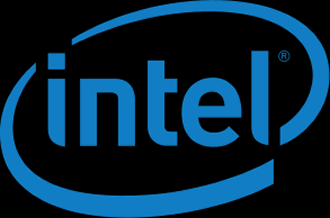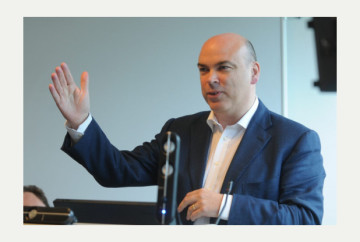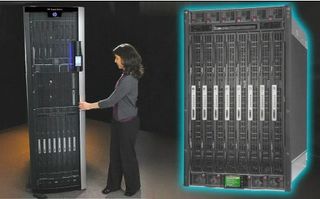 Google plans to replace Gmail with Inbox, according to three engineers behind the project.
Google plans to replace Gmail with Inbox, according to three engineers behind the project.
Lead designer Jason Cornwell said that in the short term Gmail is here to say, but in the longer term the new mail product will replace it.
“That’s why we’re launching it as a separate product. We care deeply about Gmail and Gmail users, but in the end as we add more features to Inbox and respond to user feedback we hope that everyone will want to use Inbox instead of Gmail. Ultimately, our users will decide,” Cornwell said.
It had been believed one email product possibly target both casual (Gmail) and power (Inbox) users. But Cornwell said that the two mail technologies were not aimed at different audiences. Both Gmail and Inbox are designed to scale from low volume to high volume users.
It appears then that Google’s decision will be based on what users want.
Cornwell added that Google could not add Inbox features into Gmail, mostly because the way people use the product has changed.
“With Inbox, we took a step back and did a lot of research into how most people are using email today. What we found was that email works as a todo list for many people, that phone usage is starting to eclipse desktop usage, and that many people have negative feelings towards email because it feels like so much work. We built Inbox as a separate product because we did not feel like we could solve those problems by just adding more features on to Gmail. We needed to start from scratch to build a tool that really helps you stay on top of your life,” he said.
Cross-browser support is also being tested internally across all of Google. The holdup is apparently because “we want to make sure that everything works perfectly before enabling it for all of our users.”
Google is also interested in attempting to integrate with other email systems such as Outlook.com and Yahoo. The Gmail app for Android recently gained this functionality.
The option to change the mobile app’s notification sound will become available “within the next few months.” Being able to download all attachments might also be coming.
The Undo Send feature and the ability to customize Snooze times are being worked on right now. Google is also developing a unified inbox option to handle multiple email addresses, adding signatures, building out Calendar integration further, and adding Drive integration.



















